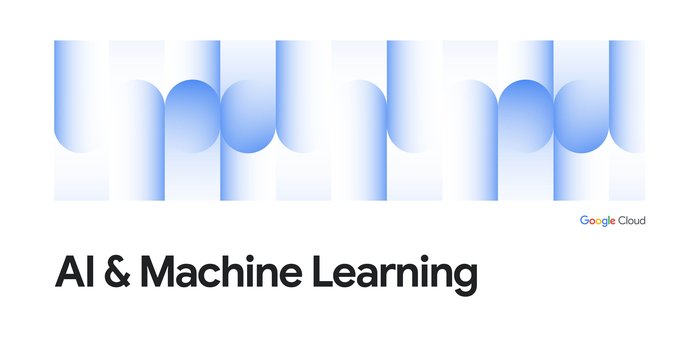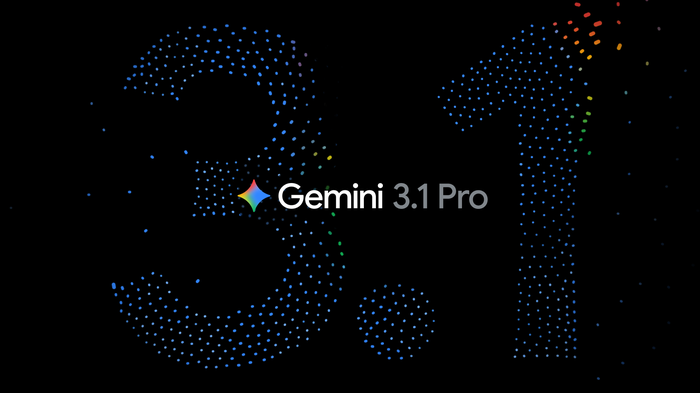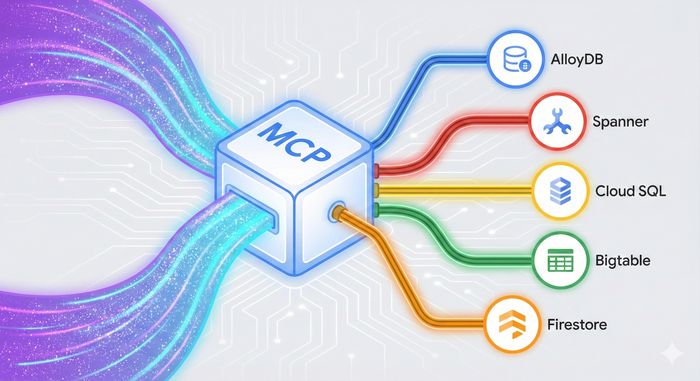Let’s talk AI: Customers meet in San Francisco to show how AI is helping their businesses
Tracy Frey
Director, Product Strategy & Operations, Cloud AI
We are at a defining moment for AI. Data has long been the lifeblood for organizations around the world, and with the recent advances in computing and machine learning technology (the number of ML papers published is outpacing Moore’s Law!), it is predicted that 75% of enterprise applications will use AI by 2021 enterprises are investing more than ever in projects that leverage the power of AI. Amidst all the excitement, many organizations are looking for clear ways to apply AI to solve their unique business challenges. While the value and promise of AI and machine learning is clear, not all know where to start.
To help, we recently hosted an event, Let’s Talk AI, along with a digital conference to give businesses an opportunity to hear first-hand AI lessons from industry-leading enterprises in manufacturing, retail, finance and healthcare, and experience ways AI can help solve real business problems. At the event, Google Cloud CEO Diane Greene spoke to how we’re working to bring the power of AI to organizations at all stages of their AI journeys. You can watch the full keynote below.

We continue to offer tools that make AI simpler, faster, and more useful for enterprises. Last week we announced two new products, Kubeflow Pipelines and AI Hub (alpha), that address this need. Kubeflow Pipelines helps your data science teams create reusable AI content for other users in your organization, increasing the impact and productivity of your AI investments. We’re taking this further with our AI Hub, a one-stop catalog for plug-and-play AI content, including pipelines and notebooks. We’re also working with companies like Cisco, Intel, and NVIDIA, all contributors to the open source machine learning toolkit Kubeflow, and all three will be building Kubeflow Pipelines for future inclusion in our AI Hub. You can read an in-depth technical look at Kubeflow Pipelines in our recent blog post, and we’re excited to hear your feedback.
How Google Cloud customers are applying AI
As director of strategy for Cloud AI, I work very closely with customers to understand how applying AI and machine learning might help solve their specific business cases. I’m continually amazed by what you are achieving. Below are a few examples from our Let’s Talk AI event:
Keller Williams is focused on providing faster, more personal and effective home buying experiences by enabling both agents and homebuyers to create and find the best match possible in a highly emotional and individualized market. Through KW Labs, the innovation hub of Keller Williams, they are leveraging our AutoML Vision technology in multiple innovative ways to create a custom experience, allowing home buyers to do such things as automatically search listing photos for specific features like “granite countertops.” AI/ML provides advanced business intelligence that is essential to helping them grow and stay competitive.
Total is applying AI for subsurface data analysis as part of their ongoing efforts to address the energy needs of a growing world population, curb global warming, and adapt to changing customer behaviors and expectations. Computer Vision and Natural Language Processing will allow Total’s geologists, geophysicists, reservoir and geo-information engineers to save hours of manual work, freeing them up to think through larger problems. Total predicts they will see a 20% increase in productivity for their 2000+ geoscientists using Google Cloud AI.
Iron Mountain has incorporated GCP as their preferred cloud provider for AI and machine learning. Through this partnership, they will enable customers to transform their active and historic content into insights. As the trusted data custodian to 95% of the Fortune 1000, this partnership unlocks trillions of pages of previously dark data to drive their business.
Supporting the responsible use of AI
As I have spoken with customers about using AI to tackle their own business challenges over the last year, two overarching themes have emerged: AI is incredibly exciting, and the impacts of an AI-first world are unknown. We have a very real opportunity to look into a future full of possibilities and make some choices today that will positively impact tomorrow. There are so many examples of where AI can be a force for good in the world, help humans make more responsible decisions, and enable people everywhere with powerful and helpful tools to address some of our biggest challenges. Trust in AI—from customers, employees, and the world at large—is what will enable reality to exceed expectations, and without it, adoption of this powerful and useful set of technologies could be stalled and the impact could be lessened.
For these reasons and more, advocating for building AI that’s fair, responsible and trustworthy is both an essential component of Google Cloud’s mission, and a critical ingredient in successful deployments of AI at scale. Rajen Sheth, Cloud AI’s director of product management, wrote more about this important area in a recent blog post. During our Let’s Talk AI event, I had the honor of moderating a panel with Paul Lasserre, VP Product, Artificial Intelligence at Genesys, Santanu Paul, VP Enterprise Advanced Analytics at Canadian Imperial Bank of Commerce (CIBC) and our own Senior Software Engineer Sal Haykal about the responsible use of AI. We discussed the importance of human centered design, the impact of unfair bias when machine learning models are largely reflective of their training data, and how critical interpretability and explainability are to the user experience.
Looking ahead
In Cloud AI, we often talk about how technology is most powerful when everyone can use it. In order for AI to realize its true potential, it will be most powerful when everyone can benefit from it. We want to hear from you as we continue this dialogue. You can learn more about our AI Principles here, and to learn more about AI and machine learning on Google Cloud, visit our website.



